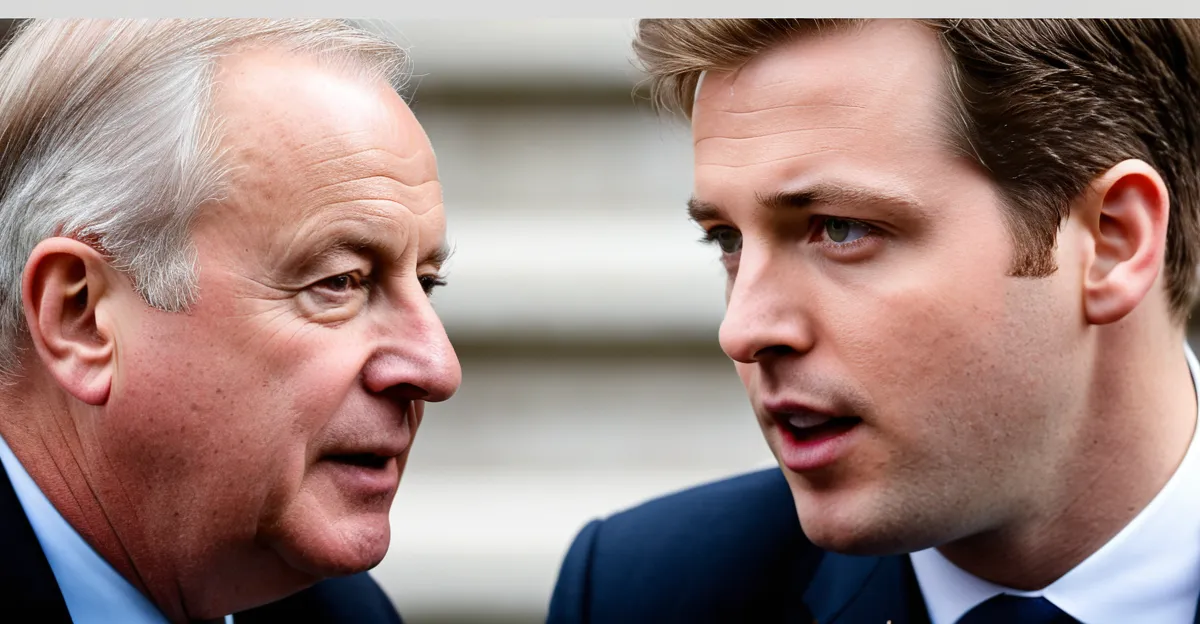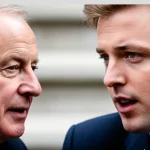Immediate impacts of recent UK events on political discourse
Recent UK political events, including notable policy changes and political scandals, have significantly reshaped UK political discourse. High-profile political scandals have eroded public trust, triggering intense debate in national conversations. These events have shifted the focus from routine governance to accountability, causing spikes in public engagement and media scrutiny.
Following these events, there has been a marked shift in party strategies. Many parties have reassessed their messaging and policy priorities to address voter concerns emerging from recent developments. For example, some parties have adopted stronger stances on transparency and ethics to rebuild credibility, while others pivot towards economic or social issues highlighted by emerging public sentiment.
Also read : How is the UK improving public health services?
The impact analysis reveals that the evolving discourse is characterized by heightened polarization but also opportunities for coalition building, as parties navigate the complex landscape shaped by recent UK political events. These changes not only influence immediate dialogue but may set the stage for longer-term transformations in political alignment and communication style.
Influence of media and social media on shaping public opinion
Media influence plays a pivotal role in shaping UK public opinion by framing the narratives surrounding recent UK political events. Traditional outlets set initial tones, but social media platforms accelerate the spread of political messaging, often amplifying the reach of political scandals and policy changes. This dynamic creates a fast-paced information ecosystem where public sentiment can shift rapidly.
In parallel : How is technology transforming the UK news industry?
A core feature of social media is virality. Political issues trending on platforms like Twitter or Facebook generate widespread attention, turning localized controversies into national debates. For example, a recent political scandal gained virality through hashtags and viral posts, significantly influencing UK political discourse by engaging younger demographics and marginalized voices often absent from traditional media coverage.
This amplification can distort or oversimplify complex policy discussions, presenting challenges for accurate public understanding. Nevertheless, social media’s role in democratizing political communication is undeniable, offering avenues for direct citizen engagement and rapid feedback.
The interplay between media influence and social media forms a feedback loop that shapes how parties respond to issues. Political messaging strategies are increasingly adapted to thrive within these digital ecosystems, highlighting the importance of understanding media channels in impact analysis of UK political events.





